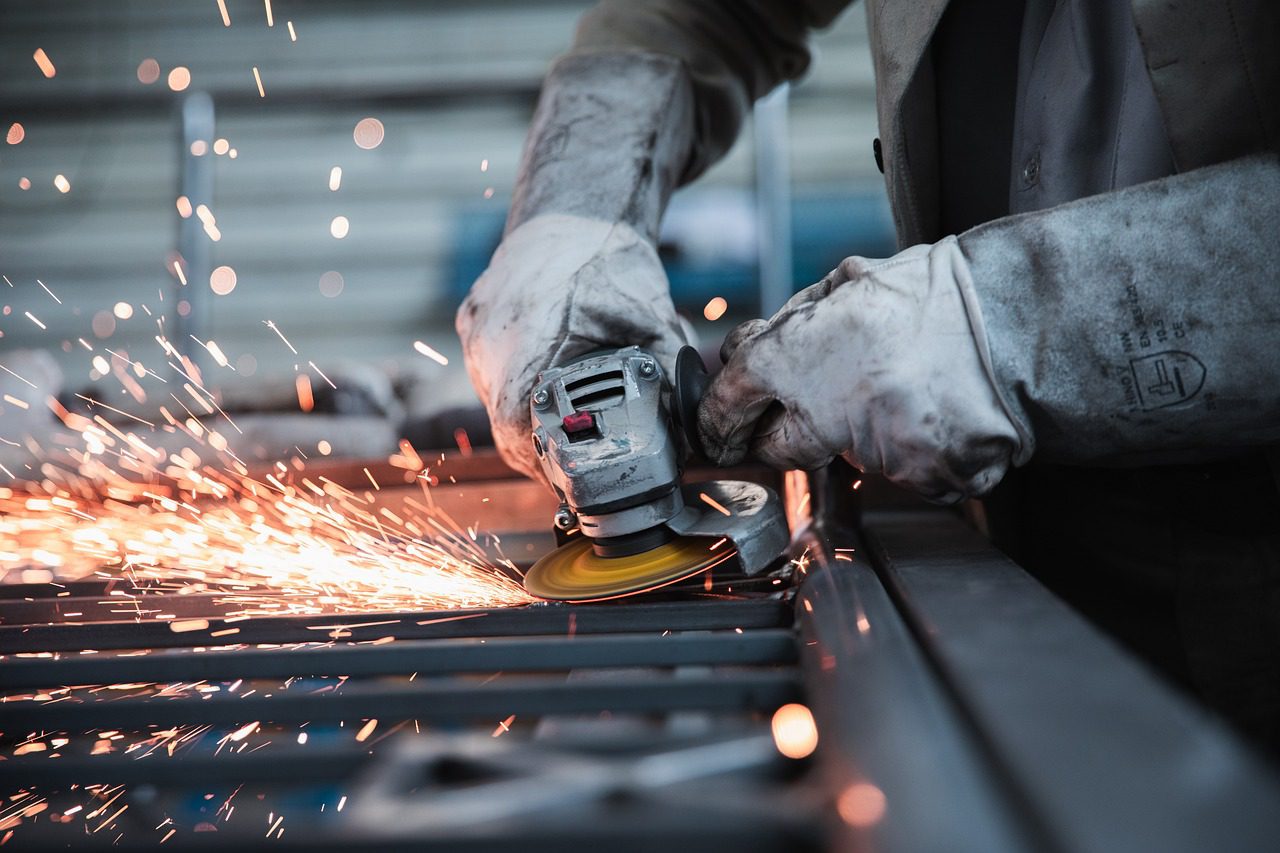How Can Managers and Leaders Improve Efficiency in a Manufacturing Environment?
Managers and leaders play a prominent role in any organization. They are often the key point of contact for advising staff and setting working routines. Effective managers and leaders should embody the values and mission of the organization and ensure that these values are reflected in the wider workforce. They also need to drive change in a company to ensure that it remains competitive and a viable business concern in an age where competition is rife throughout every industry.
One of their key roles within a company will be to improve efficiency and productivity across the organization. These goals ensure that the business remains competitive and makes the most of every dollar that is invested in its operations. In this article, there is a focus on managers and leaders who work in a manufacturing environment. There will be a discussion of some key ways in which these senior staff members can improve efficiency in this type of industry.
Formalize Repair and Maintenance Schedules
Every manufacturing facility will be heavily reliant on a wide range of machinery and equipment as part of their production lines. This equipment will need to be maintained, serviced, and repaired during its useful life to ensure that efficiency levels remain high. However, managers and leaders should ensure that there are well-developed maintenance schedules in place so that downtime can be limited and planned into the manufacturing processes. For example, in many factories, there is a need for Rotary Vane Vacuum Pump Repair. These types of pumping equipment are used across a wide range of manufacturing industries, from chemical manufacturing to woodworking facilities. They are commonly used to transport gasses to different parts of the production line environment.
Eventually, the components will suffer from wear and tear, and this will result in the need for production line downtime to service or install new components into the pumps. Often, specialist staff are needed to undertake this maintenance work, so it is vital that contractual agreements are made with highly trained service companies in the field. Ideally, working relationships will be formed that result in a quick response to maintenance needs and the fast shipping of components when required. This type of managerial planning and service network building is vital to ensure that high levels of efficiency are maintained and downtime is minimized.
Motivate the Workforce
It is widely recognized that a motivated workforce is a productive one, especially in the manufacturing sector. Highly motivated staff will work harder and produce higher quality output than that of a demotivated workforce, and this is a vital trait of ongoing efficiency levels. Leaders and managers play a key role in motivating their staff. They can help to build a working culture that emphasizes hard work and dedication and demonstrate other key values of the organization with their actions and words. These senior staff can act as role models for the wider workforce and should be highly visible in the workplace. They should listen to the views and opinions of the staff members and act on any information or ideas that are produced by the workers which could contribute to improved efficiency in the organization.
Leaders and managers can also reward teams or individuals for their ongoing high levels of output (perhaps with performance-related pay or other incentives), which further indicates the value that the company places on efficiency and output levels.














Leave a Reply
Want to join the discussion?Feel free to contribute!